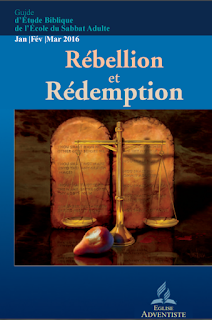No man hath seen God at any time; the only begotten Son, which is in the bosom of the Father, he hath declared him. John 1:18.
Christ came to the world to reveal the character of the Father and to redeem the fallen race. The world's Redeemer was equal with God. His authority was as the authority of God. He declared that He had no existence separate from the Father. The authority by which He spoke and wrought miracles was expressly His own, yet He assures us that He and the Father are one....
Jesus had imparted a knowledge of God to patriarchs, prophets, and apostles. The revelations of the Old Testament were emphatically the unfoldings of the gospel, the unveiling of the purpose and will of the infinite Father. Through the holy men of old, Christ labored for the salvation of fallen humanity. And when He came to the world it was with the same message of redemption from sin, and restoration to the favor of God.
What speech is to thought, so is Christ to the invisible Father. He is the manifestation of the Father, and is called the Word of God. God sent His Son into the world, His divinity clothed with humanity, that man might bear the image of the invisible God. He made known in His words, His character, His power and majesty, the nature and attributes of God.
As legislator, Jesus exercised the authority of God; His commands and decisions were supported by the sovereignty of the eternal throne. The glory of the Father was revealed in the Son; Christ made manifest the character of the Father. He was so perfectly connected with God, so completely embraced in His encircling light, that he who had seen the Son had seen the Father. His voice was as the voice of God.... He says, "I am in the Father, and the Father in me." "No man knoweth the Son, but the Father; neither knoweth any man the Father, save the Son, and he to whomsoever the Son will reveal him." "He that hath seen me hath seen the Father" (John 14:11; Matthew 11:27; 14:9).

0 comments:
Post a Comment